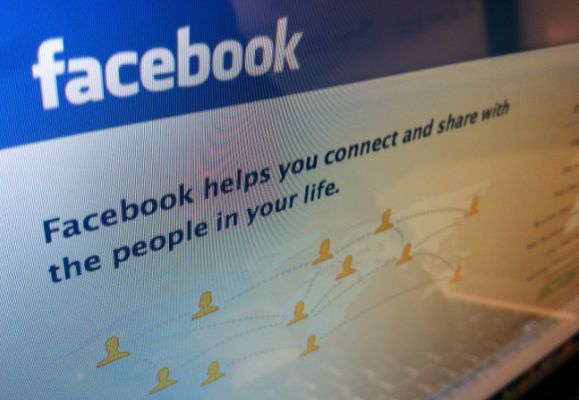Getting Political on Social Networks
By Autumn Caviness
For Reporting Texas and KUT News
With the Texas primary on May 29, candidate bumper stickers and yards signs mark traditional outward signs of support from older voters. But one study shows that the younger generation prefers a more subtle approach.
A 2009 Pew Research Center study found that 10 percent of all Internet users 18 and older have used a social networking site for some sort of political or civic engagement. For those 18 to 29, that figure jumps to 37 percent.
While that number is not exactly a tidal wave of civic engagement, UT-Austin student body president Thor Lund said it is significant for college students.
“Social media is a huge tool to get people interested in things, and honestly, the biggest way to create interest — to spur the civic engagement — is numbers,” Lund said. “People being involved. So, whether or not someone thinks it’s a civic engagement issue, that they’re starting out and that they’re trying to do, when people get behind an idea, the power of people is amazing.”
Mitt Romney, the presumptive Republican presidential nominee, has 1.6 million “likes” on Facebook. Texas Congressman Ron Paul, one of his challengers, has more than 900,000.
For those students with a full semester and an evening job, being able to click “like” can make them feel engaged politically without taking up too much time. Huey Fischer, president of the University Democrats, sees it as a sign of awareness.
“When we’re tabling and flyering, we let folks know, ‘Hey, like us on Facebook, even if you can’t come at every meeting, even if you can’t be there physically, at least be aware of what we’re doing,” he said. “So that way, when you do have time, when you can make a commitment, you’ll know what’s up.’”
Morley Winograd, co-author of “Millennial Momentum: How a New Generation Is Remaking America,” views hitting the “like” button as putting up a traditional political yard sign on Facebook.
“Certainly there is that level of engagement at that point,” Winograd said, “but I think real engagement involves translating that online enthusiasm into offline activity.”
